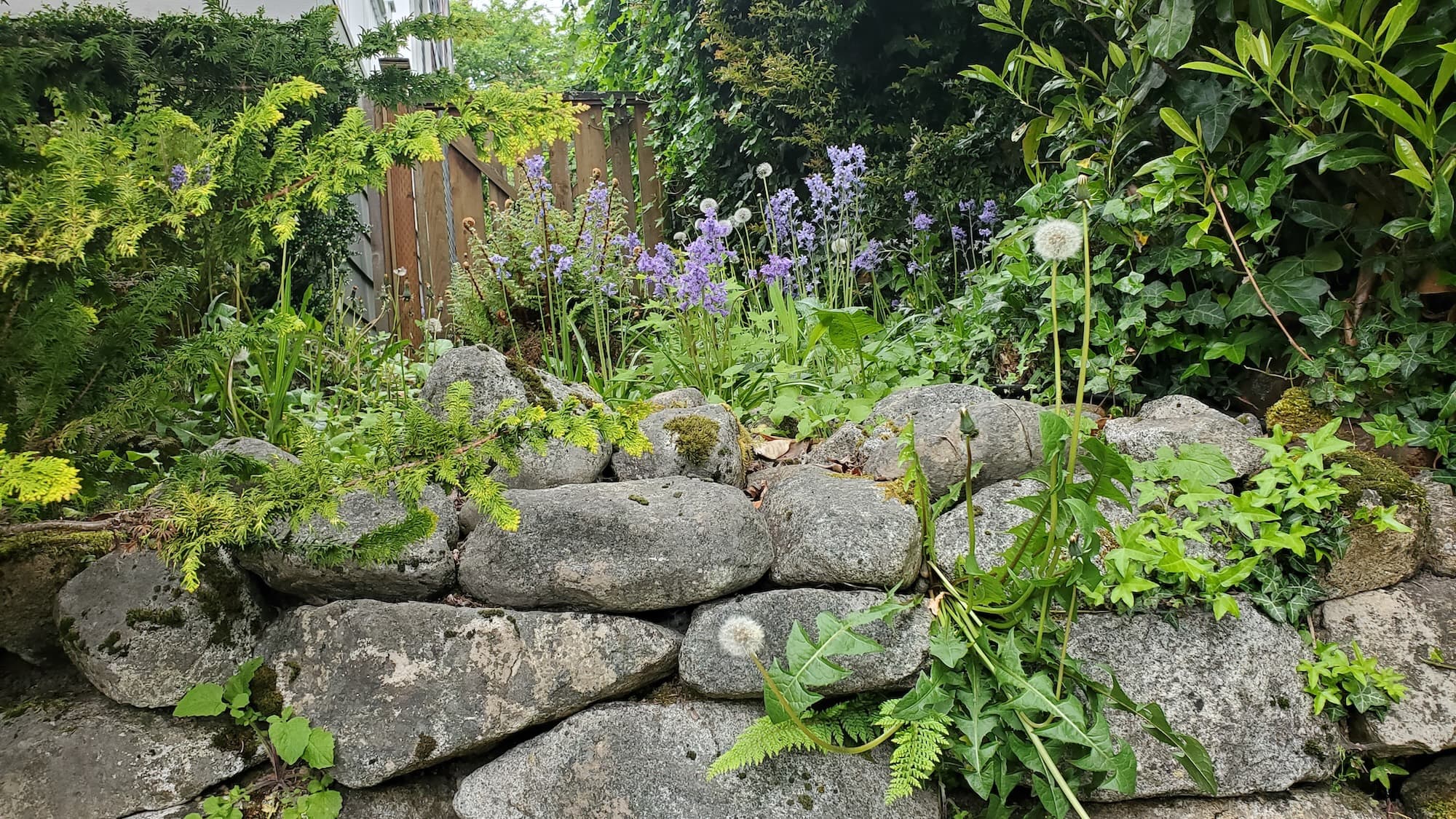West Seattle Public Park Shrub Trimming
Homeowner’s Issue
Parks and public plantings in West Seattle face a mix of coastal exposure, heavy winter rains, and dense tree shade from inland slopes. Areas near Lincoln Park and Alki get wind and salt spray that stress coastal-tolerant shrubs, while hillside sections toward Admiral and the Junction have compacted, clay-heavy soils that hold water and rot root collars if crowns stay wet. Many public beds sit under large evergreens or street trees, so sun windows are small and moss, slugs, and shade-loving weeds thrive. In lower-lying spots poor drainage and seasonal storm runoff create wet patches that encourage leggy growth and dieback.
Overgrown shrubs create safety and maintenance problems in parks: blocked sightlines on trails, invasive ivy and Himalayan blackberry creeps, and crowded root zones that compete with trees. Homeowners associations and park stewards in West Seattle expect tidy sightlines and sustainable practices—no quick herbicide fixes. A good trim here is not just cosmetic: it reduces winter wind damage, opens up air circulation to cut moss and fungal pressure, and shapes plants to withstand salt and rain. Proper timing and technique in West Seattle’s climate matters: late winter structural pruning, light summer shaping, and mulching to manage moisture are the practical playbook.
Our Quality Service
We prune for structure, safety, and long-term plant health using hand tools, loppers, pruning saws, and battery-powered trimmers to reduce noise and emissions. Work begins with a site assessment and a plan for sightlines, drainage, and species needs. Typical small-to-medium park sections take 1–2 days; larger areas schedule by the acre with clear staging.
Local insight: we account for compacted glacial soils, slope runoff, and salt exposure. All green waste is composted or hauled to organics recycling. We use only sustainable methods—no herbicides—relying on mechanical removal, cutting, smothering, and organic amendments.
Benefits: safer paths and sightlines, reduced long-term maintenance, better plant vigor, and improved curb appeal for nearby neighbors.
What’s Included
- Site assessment and pruning plan
- Structural pruning, deadwood removal, and shaping
- Limb/branch removal and haul-away or green‑bin prep
- Rake, sweep, and bed edge cleanup
- Composting of chippings or hauled green waste
- Final walkthrough with care notes
Options / Upgrades:
- Mulch + fabric installation
- Organic weed control and invasive vine hand-pull
- Plant replacement with coastal- and shade-tolerant species
- Temporary erosion-control matting on steep slopes
Before & After / Expectations
Expect some noise and chip piles on site during work. We leave beds usable and walkways clear same day in most jobs; full cleanup and haul-away may be next-day depending on volume. On hills we stage chips to avoid runoff; in coastal areas we recommend salt-tolerant pruning cuts.
Care tips for West Seattle:
- Best pruning window: late winter for structure, light shaping in summer.
- After trimming, apply 2–3” of mulch to reduce moss and retain moisture.
- Watch for ivy and blackberry regrowth in spring; plan follow-up hand-pulls.
- Avoid heavy watering except during dry summer spells—most shrubs prefer only infrequent deep watering.
FAQs
Q: Do you use herbicides?
A: No. We use hand removal, cutting, composting, and mulching only.
Q: How long will the work disrupt the park?
A: Small sections are done in a day; larger projects staged over several days with clear signage and pathways kept open.
Q: Can you remove invasive vines like ivy?
A: Yes—manual removal and root-out service available, plus follow-up visits to prevent reestablishment.
Q: Do you handle steep slopes and erosion control?
A: Yes—we stabilize soils with mulches, erosion matting options, and planting plans suited to slopes.
Call to Action
If you manage park beds or a community green space in West Seattle and need practical, sustainable shrub care, book a free estimate. Quick scheduling, local experience, and work that respects West Seattle’s wet, shady conditions.
Email: neatandtidyseattle@gmail.com










